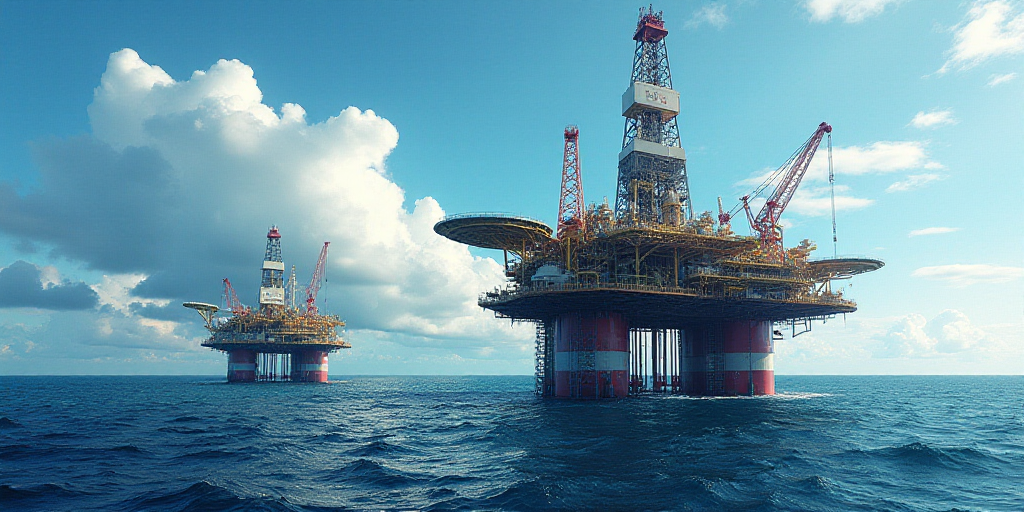Background on OPEC+ and its Influence
The Organization of the Petroleum Exporting Countries (OPEC) and its allies, known as OPEC+, consist of 13 members, including major oil producers like Saudi Arabia and Russia. This cartel plays a significant role in determining global oil supply levels, which directly impact crude oil prices.
OPEC+ Decision to Boost Production
On Sunday, OPEC+ decided to increase their crude production quotas by 137,000 barrels per day for October. This decision was anticipated in the preceding days, as market expectations had already factored in this production boost.
Limited Impact on Oil Prices
Despite the announcement, oil prices experienced only a modest rise on Monday. The Brent crude oil benchmark for November delivery increased by 0.79% to $66.02 per barrel, while the West Texas Intermediate (WTI) benchmark for October delivery rose by 0.63% to $62.26 per barrel.
Reasons for the Limited Impact
Andy Lipow, from Lipow Oil Associates, explained to AFP that the market had already factored in the expected production increase. Consequently, oil prices had dropped by approximately 3.5% in just a few days prior to the announcement.
Lipow further noted that the actual increase in market supply would likely be less than 137,000 barrels per day due to limited production capacities among some OPEC+ members and potential export challenges faced by Russia under pressure from the US and Europe.
Geopolitical Factors
OPEC+ faces competition from the United States, where President Donald Trump has pledged to “drill nonstop” to boost oil output. Additionally, other countries like Canada, Guyana, and Brazil are also increasing their production.
Lipow highlighted another geopolitical aspect: the additional barrels from OPEC+ might enable the Trump administration to exert more pressure on implementing stricter sanctions against Iran.
Key Questions and Answers
- What is OPEC+? OPEC+, or the Organization of the Petroleum Exporting Countries and its allies, is a grouping of 13 oil-producing nations, including Saudi Arabia and Russia, that collaborate to influence global oil supply levels and prices.
- Why did OPEC+ decide to increase production? The decision was anticipated by the market and aimed to address concerns about supply shortages.
- How did oil prices react to the announcement? Oil prices experienced only a modest rise, as the actual increase in market supply was expected to be less than 137,000 barrels per day.
- What are the geopolitical factors affecting OPEC+? Competition comes from the US and other oil-producing nations like Canada, Guyana, and Brazil. Additionally, OPEC+’s additional barrels might support the Trump administration’s efforts to enforce stricter sanctions against Iran.






